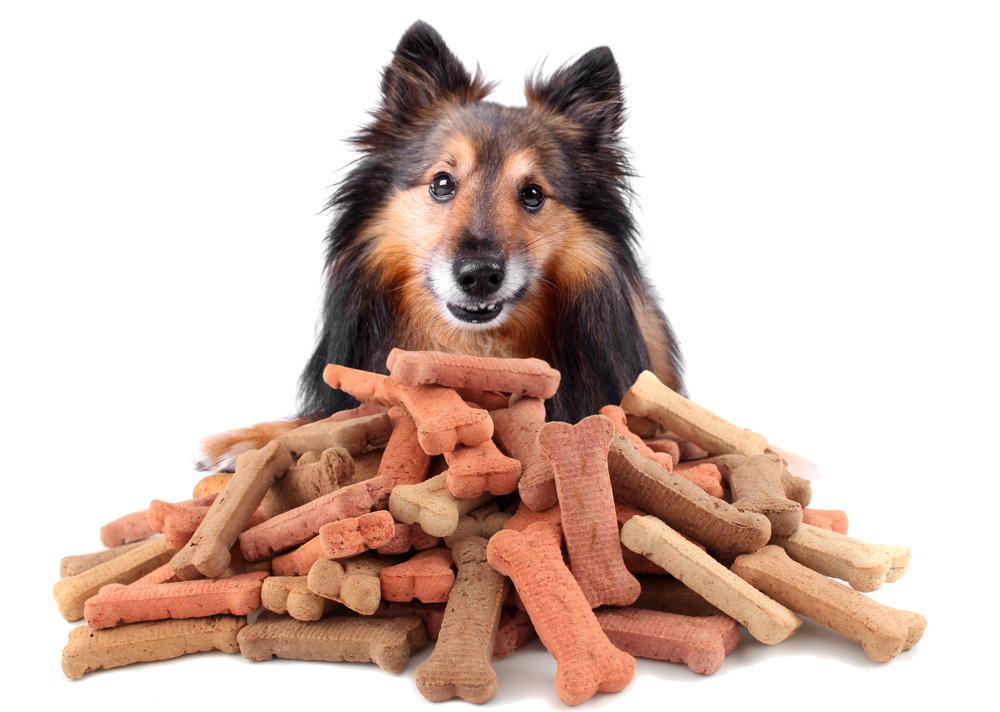
Identifying the Root Causes of Food Allergies in Dogs
Whether due to a particular ingredient or a type of food, any adverse reaction in your dog suggests that it is a victim of food allergy. Food allergies are not as common a reaction as ear infections, gastrointestinal symptoms, itchy ears, and gastric problems. Other types of allergies the dog can face are skin infections, environmental allergies, or a combination of the two when the situation worsens. Dogs with food allergies show signs of improvement when their food is replaced with another type of food to which its body reacts positively. Here are some tips to keep in mind while identifying the root causes of food allergies in dogs.
1. Knowing the real allergy
You can try the allergic test at home by changing the dog food to control the allergy or know the root cause of its allergic reaction. For example, the chicken being consumed by the dog can be altered with lamb or turkey to see its attitude towards the new food. If it is positive and the condition of the skin improves, then your pet may be reacting to chicken.
2. Food for pet dogs
Even dogs with food allergies need to get a balanced diet with equal amounts of meat protein, and enough of Omega-three fatty acids free from artificial colors and additives. Supplementing with probiotics may prove to be beneficial for the skin and the gastrointestinal tract, thus playing a significant role in maintaining a proper balance of useful bacteria in the dog’s gut.
3. Concerns of pet owners
Pet owners can feel very distressed and upset looking at their little one howling and jumping in panic. Leaving the allergy unidentified may cause more complications, making it severe and non-recoverable. Before such a situation arrives, try to find out whether the allergy is due to the intolerance of a specific undigested ingredients. Food allergies and food intolerances are very different, making the dog’s life very uncomfortable and followed by severe illnesses.
4. What are the effects of food intolerances?
Dogs with food allergies are not to be mistaken with those having food intolerances. Dogs exhibit reactions differently, which is either internally or externally. Food intolerances may lead to the following internal disturbances like:
- Vomiting and diarrhea due to intolerance
- Loss of useful vitamins and minerals due to excessive loss of water and throwing-up of food
- The situation worsens if the same foods are continued for a long time, and the dog shows signs of malnutrition.
5. External signs of food allergy
Dogs with food allergies show external signs and symptoms on their skin, which are very uncomfortable and complicated to deal with. They include the following:
- Rashes and redness in the skin
- Itchy skin
- Loss of hair
It is important to discover the real issue behind the dog’s hazardous reaction. Clarifying whether the dog was allergic to the food or intolerant to the food can be important in the future. The pets should recover soon from any such issue, or else the situation can become fatal. An early investigation is better than late realization. It is best to be prompt and treat the pet as early as possible.


